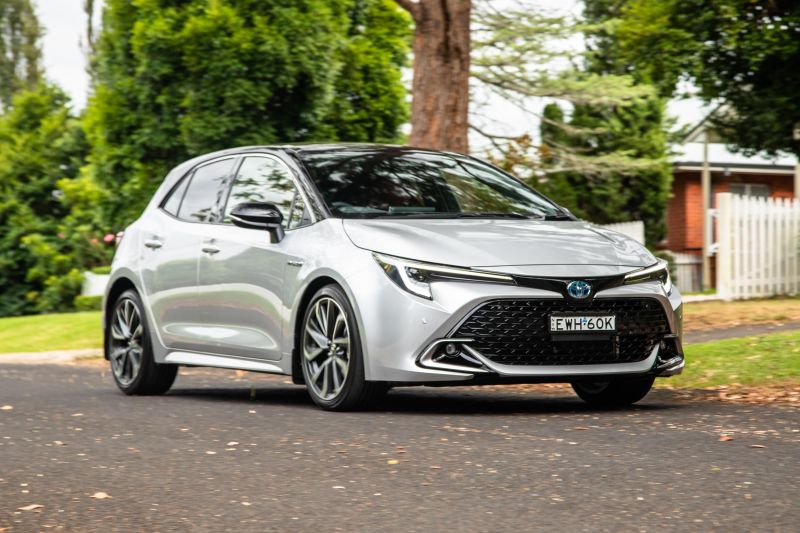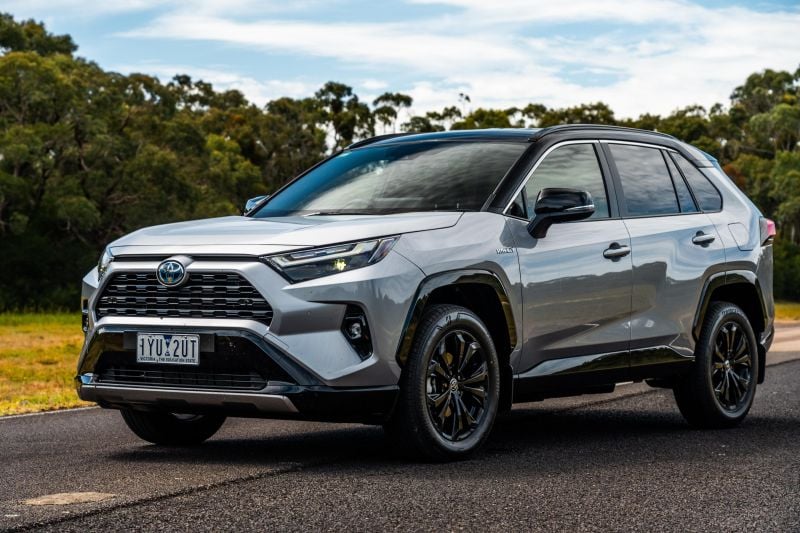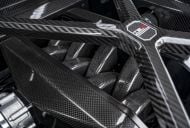Japanese automotive giant Toyota has claimed the title of the world’s top-selling vehicle maker for the fourth year in a row, thanks to a record 2023 for the brand.
Throughout 2023, the Toyota Motor Corporation – which includes the Lexus luxury brand, the Daihatsu small-car division and Hino trucks – sold 11,233,039 vehicles, establishing a new record for the company by beating its 2019 figure of 10,742,122 sales.
It also beats the existing calendar year record for sales, set by German giant Volkswagen in 2019 with 10,975,352 deliveries globally.
As expected, the Toyota and Lexus brands did the heavy lifting, contributing 10,307,395 sales – 85 per cent of the total and a 7.7 per cent increase from 2022.
It also represented the first time the combined Toyota and Lexus have cracked 10 million sales, beating the company’s overall sales figure of 9.5 million in the pandemic-affected 2020.
Toyota’s hybrid vehicles accounted for 3.42 million sales in 2023, or approximately 30 per cent of the total – far more than its plug-in hybrids (124,755 sales), electric vehicles (104,018 sales), and hydrogen fuel cell models (3921 sales).
Last year, Toyota remained the best-selling car-maker in Australia for the 21st consecutive year, with its core brand delivering 215,240 vehicles to customers – with Lexus contributing an extra 15,192 sales.
Earlier this month, the Volkswagen Group announced it sold 9.24 million vehicles in 2023, split across its 13 brands – Volkswagen (4.87m), Audi (1.9m) Skoda (866,800), Seat and Cupra (519,200), Volkswagen Commercial Vehicles (409,400), Porsche (320,200), Lamborghini and Bentley (23,700), plus its four truck divisions (338,200).
The announcement of Toyota’s global sales record comes shortly after the automotive company admitted to finding “irregularities” while testing certain diesel engines fitted to its best-selling models.
As a result, Toyota has suspended the shipment of seven models sold in Australia – the HiLux, LandCruiser 70 Series, LandCruiser 300 Series, Prado, Fortuner, HiAce, Granvia and Lexus LX500d – likely bringing further delays to local deliveries.
It is not yet known what effect this will have on Australian supply of the aforementioned models.









